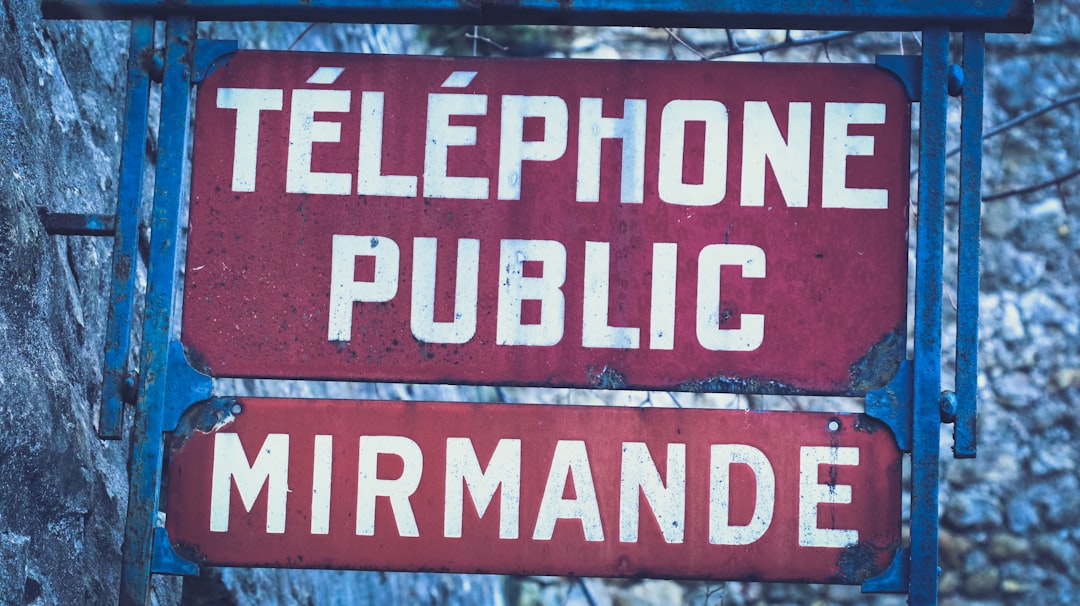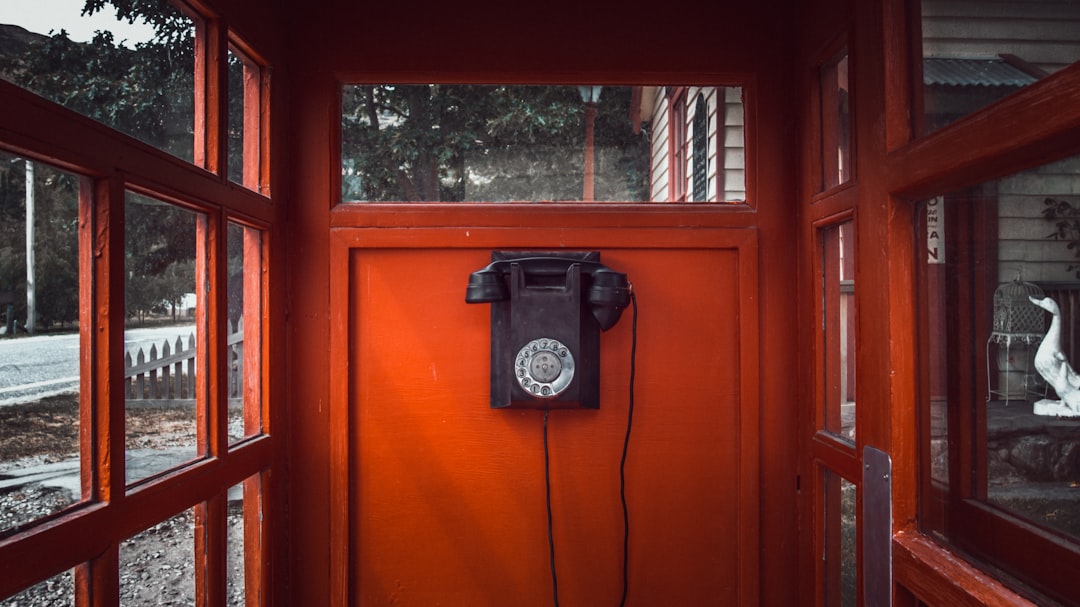Public education in Alabama faces challenges like underfunding and outdated curricula, exacerbated by disparities among socio-economic groups. To address these issues, local exchange companies collaborate with lawyers specializing in Do Not Call Laws to enhance digital literacy and privacy awareness through workshops, webinars, and community events. These partnerships not only educate citizens about their rights but also ensure educational institutions comply with privacy regulations, ultimately strengthening public education in the state by fostering effective communication and protecting sensitive data.
Local exchange companies play a crucial role in supporting public education initiatives, addressing challenges that range from policy implementation to community awareness. In this article, we explore how these entities facilitate learning through specialized legal expertise, particularly focusing on successful campaigns like Alabama’s Do Not Call Laws. By understanding the impact of local exchanges, we highlight their significance in enhancing educational access and outcomes, with a special emphasis on the lawyer’s role in shaping education policies, such as those related to privacy protections in Alabama.
Understanding Public Education and Its Challenges

Public education is a cornerstone of any society, shaping the future of its citizens by imparting knowledge and skills essential for personal growth and community development. However, it faces numerous challenges that can hinder its effectiveness. These include inadequate funding, outdated curricula, lack of resources, and disparities in access to quality education across different socio-economic groups. In Alabama, for instance, legal frameworks like Do Not Call Laws further complicate matters by affecting communication strategies between educators and parents, impacting community engagement in educational initiatives.
Lawyers specializing in Do Not Call Laws in Alabama play a crucial role in navigating these complexities. They help public schools and educational institutions understand and comply with privacy regulations, ensuring that communications with parents and guardians are legal and effective. By addressing these legal challenges, they create a more favorable environment for educators to focus on teaching and community members to actively participate in their children’s education, ultimately strengthening the fabric of public education in Alabama.
The Role of Local Exchange Companies

Local exchange companies play a pivotal role in enhancing public education efforts, particularly when it comes to complex legal topics. In states like Alabama, where strict Do Not Call Laws are in place, these companies specialize in navigating these regulations while ensuring effective communication with residents. By employing experienced professionals, often including lawyers specializing in consumer protection and privacy laws, local exchange companies can educate the public about their rights and responsibilities under such legislation.
They facilitate workshops, webinars, and community events that demystify the intricacies of Do Not Call Laws, empowering citizens to make informed choices regarding their personal information. Moreover, these companies collaborate with local educational institutions to integrate digital literacy and privacy awareness into curricula, ensuring a well-informed citizenry capable of safeguarding their rights in the digital age.
How Legal Expertise Benefits Education Initiatives

Local exchange companies, often relying on intricate legal knowledge, play a pivotal role in supporting public education initiatives. Their expertise extends to navigating complex regulations, especially when it comes to privacy laws like Do Not Call Laws in Alabama. These laws are designed to protect citizens from unwanted telemarketing calls, but they also present challenges for educational organizations trying to reach their target audiences effectively.
Lawyers within these companies ensure that education campaigns comply with legal frameworks, enabling schools and community groups to focus on their mission without the burden of potential legal repercussions. By understanding and interpreting these laws, they facilitate successful communication strategies, allowing educators to connect with parents, students, and the broader public in a lawful and ethical manner.
Success Stories: Do Not Call Laws in Alabama

In Alabama, local exchange companies played a pivotal role in successful public education initiatives around Do Not Call laws. By collaborating with legal experts specializing in Do Not Call Laws Alabama, these companies conducted extensive awareness campaigns to inform residents about their rights and the implications of violating these laws. This joint effort resulted in significantly reduced instances of unwanted telemarketing calls, empowering citizens to take control of their privacy.
The campaign’s success was evident in the heightened consumer awareness and the subsequent decrease in complaints related to nuisance calls. This positive outcome underscores the importance of public-private partnerships in effective legislation implementation. With the help of a lawyer for Do Not Call Laws Alabama, local exchange companies were able to navigate legal complexities and ensure compliance, ultimately fostering a more protected and informed community.






